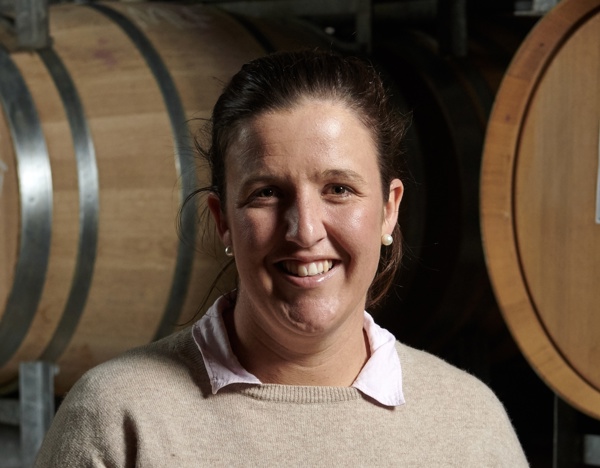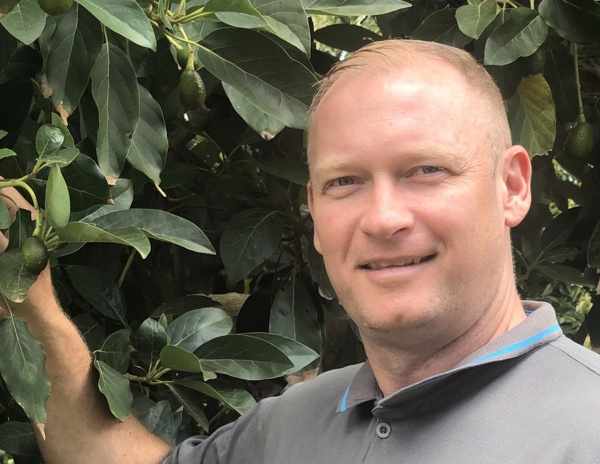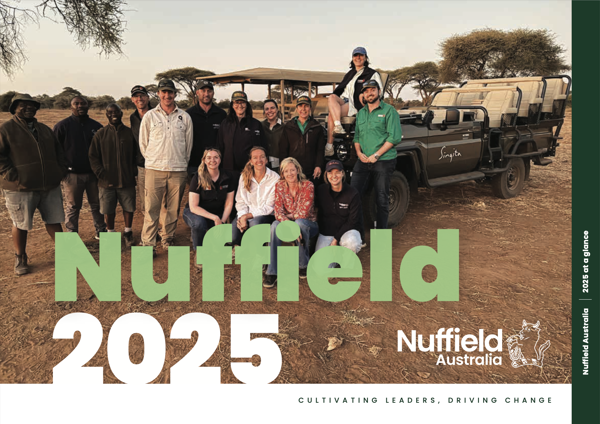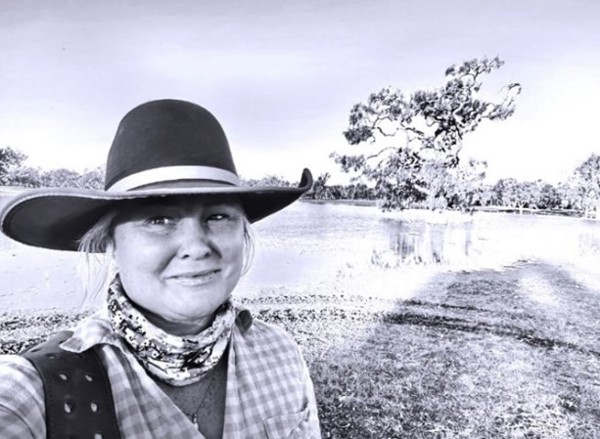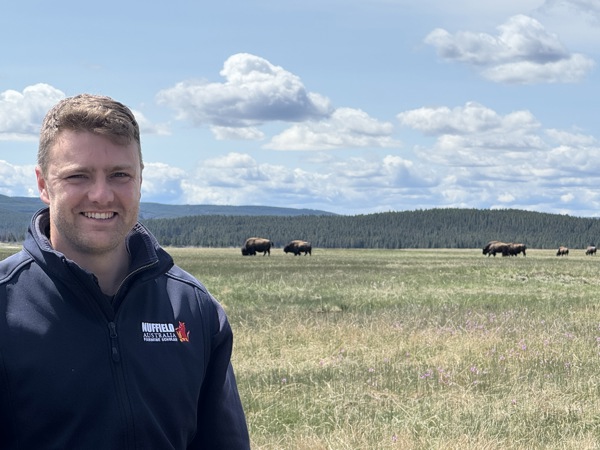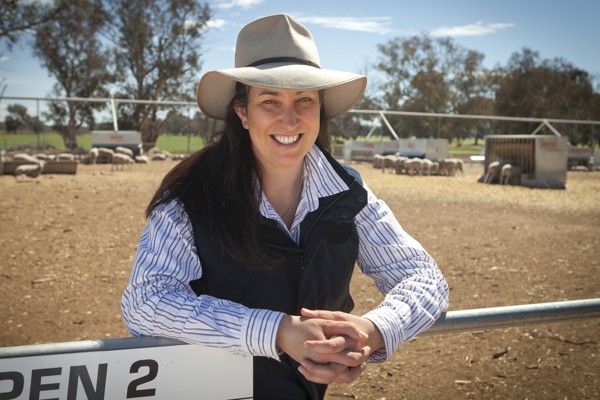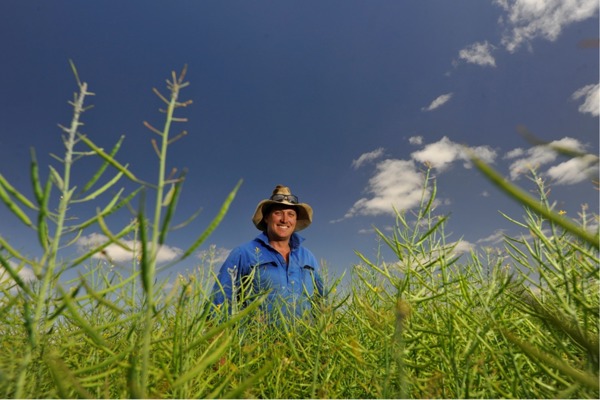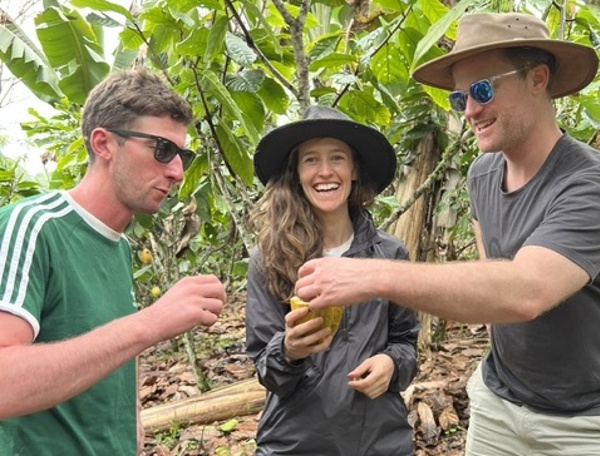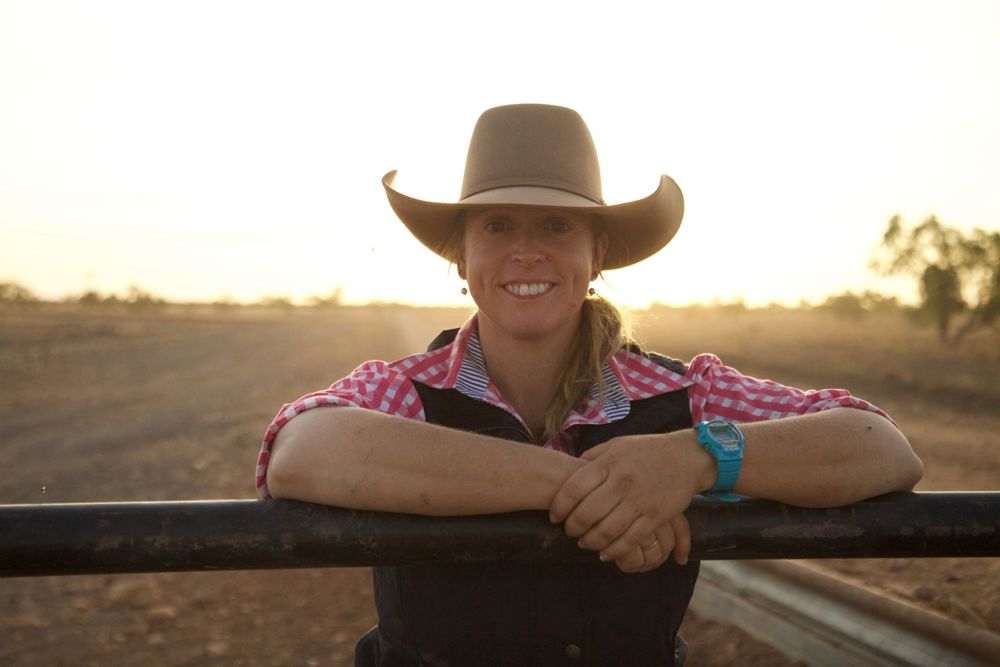
Improvements in early weaning for welfare and production gains in young cattle in sub-tropical environments
“Early weaning, when managed well, is one of the most effective tools we have the option to use to balance animal welfare, production and seasonal pressures. When faced with seasonal conditions and challenges, matching nutrition, calm handling and the right people allows us to raise stronger, more resilient cattle and create safer, more efficient operations across the north”
Northern Territory livestock professional Jodie Mitchell, 2023 Nuffield Scholar, supported by NT Government & ANZ, has released new research demonstrating how disciplined early weaning programs can deliver major welfare and productivity benefits in Northern Australia.
Drawing on five years running a 20,000-head weaner program at Newcastle Waters Station and study travel through Australia, the USA, the Netherlands and Norway, the report focuses on three pillars: tailored nutrition, low-stress education and handling, and capable, empathetic staff. Together they reduce weaning stress, strengthen immunity and speed progress to market or joining weights.
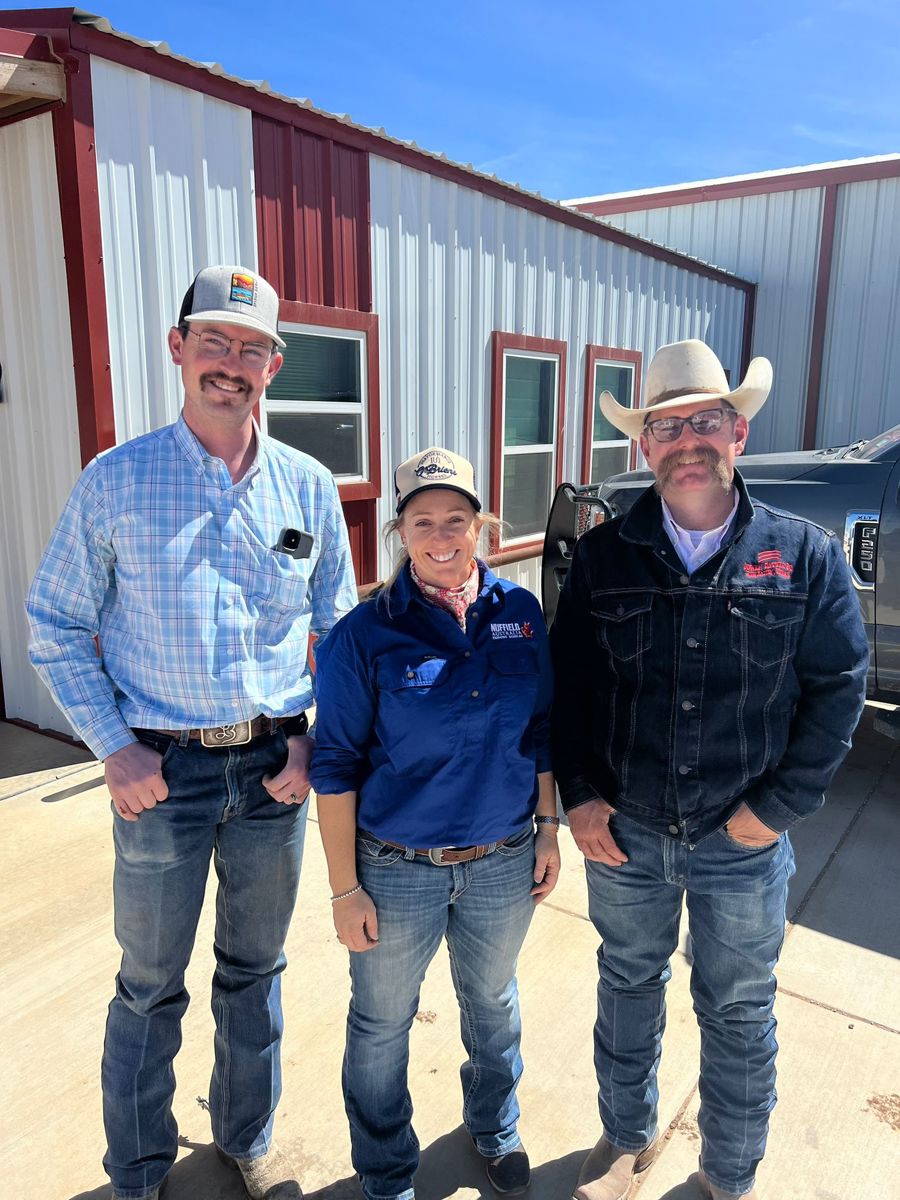
The northern context demands flexible management. Early weaning protects cows by removing lactation demand in tough seasons and gives calves specialised care. Reliable clean water, appropriate shade or shelter and balanced rations designed by nutrition specialists support a smooth transition from milk to solids while lowering digestive and respiratory risks.
Calmer cattle come from early, consistent yard education. Bunk training, quiet human contact and clear routines create animals that are responsive rather than reactive, settle quickly after movements and maintain weight, improving safety and efficiency for staff.
Health programs should respect calf biology. Calves weaned at 70 to 90 days often retain passive immunity from colostrum and, with good hygiene and low-stress environments, can show strong health status without blanket interventions. Where risk is higher, tailored vaccination schedules, early detection and practical fly-burden controls are recommended.
The people piece is decisive. Hiring for attitude, training for skill and resourcing teams to do the small things well underpins results. Simple data systems and clear business settings for feed, infrastructure and labour drive continuous improvement.
Benefits compound across the herd. Heifers reach joining weights earlier and improve fertility, steers hit market specifications sooner with better temperament and saleability, and breeders regain condition faster for re-conception. Shorter time to target weights can also reduce emissions intensity per kilogram of beef produced.
Jodie presented early insights at the 2024 Nuffield National Conference in Launceston. The full report, Improvements in early weaning for welfare and production gains in young cattle in sub-tropical environments, is available on the Nuffield Australia website.

